Products from plastic waste; call to eliminate waste
WhatPackaging?’s weekly updates on news stories gearing toward a sustainable future.
11 Sep 2021 | By WhatPackaging? Team
Pune firm makes products out of plastic waste
A Pune-based firm, Ecokaari, is doing its part in saving the environment by making usable products from plastic waste. The company’s founder Nandan Bhatt said that Ecokaari is a social enterprise that aims to ‘conserve the environment’ and ‘provide livelihood as artisans to women and youth’. The firm is a mix of two words, eco-friendly and Kaarigari (craftsmanship), reflecting both goals. Bhatt started with the project after the first wave of the Covid-19 pandemic last year. Bhatt even explained how the firm got its raw materials. He said that his team tied up with waste-picking organisations that provide the firm with plastics from across the nation. Ecokaari also got plastic from donations, and additionally, purchases are also made from waste pickers and companies generating plastic waste. The process, from colour-wise segregation of plastics to sanitisation, is entirely manual. Once the firm gets the plastic, it washes and sanitises it. The material is left to dry in the sun, after which it is segregated. “We cut the plastic into strips. Handlooms and traditional Charkha are used to make fabric out of plastics that are used to make beautiful products,” Bhatt said. Some of the items the company makes are bags, accessories, office stationery, footwear, home decor products, etc.”
Kerala block panchayat inks pact for plastic waste management
The Mulanthuruthy block panchayat has entered into an agreement with the Green Kerala Mission to safely dispose of plastic waste from six panchayats under the block. A baling unit is being set up at the Arayankavu industrial area to handle the plastic waste collected from the six panchayats. These are Mulanthuruthy, Udayamperoor and Amballoor, Edakkattuvayal, Maneed and Chottanikkara. The programme to eradicate plastic waste from the six panchayats was inaugurated recently and works had begun on the baling unit. The unit will turn plastic waste into plastic bricks, which will then be transferred to Green Kerala Mission. Members of the Haritha Karma Sena, the green army, under the Green Kerala Mission will collect plastic from the panchayats. It is expected that plastic will be collected from each of the panchayats to reach a total of around 30 tonnes per year to make the baling unit run without losses.
PepsiCo seeks to slash plastic waste
At SNAXPO21, Todd Fayne, associate director, global snacks R&D, PepsiCo, detailed the largest snack manufacturer in North America’s strategy to address its role in plastic waste. “PepsiCo envisions a world where plastics never become waste,” he said. “Our philosophy is we want to give plastic an alternative end of life.” PepsiCo’s strategy focuses on three principles: reduce, recycle and reinvent. Reducing the size of the packaging itself is one way the company can save not only on plastic but on money and improve consumer perspective. “One of the biggest complaints about our bags is all the headspace, and we know that’s caused by product settling,” Mr. Fayne explained. “We’re working on how to improve settling on the product early on and improving those metrics.” PepsiCo’s investment in recycling programmes looks to systemic changes that need to be made in order to optimize the impact of recyclability. Much of this work is focused on Europe and includes the newest technologies and strategies to identify and sort plastic waste. This requires working with local governments, regulatory authorities, food manufacturers and the Association of Plastics Recycling to drive collection and manage the waste.
Plastic makers call for global agreement to eliminate plastic waste
The leaders of two of the world's largest plastic makers called for a global agreement among nations to eliminate plastic waste in the environment, urging governments and stakeholders worldwide to press for a treaty resolution at upcoming United Nations meetings. Dow chairman and CEO Jim Fitterling and LyondellBasell CEO Bob Patel participated in Wall Street Journal special event Getting there: A global agreement to end plastic waste. The two told the Journal's Phillipa Leighton-Jones that plastic makers are committed and eager to increase constructive engagement with governments and other stakeholders to advance a circular economy, in which plastics are reused instead of discarded. “Simply put," said Fitterling, “Our vision is to prevent plastics from entering our environment by achieving universal access to waste collection and reusing instead of discarding plastics." They urged support for a resolution at the UN Environment Assembly in February 2022 that would begin negotiations on a global agreement to end plastic waste in the environment. “We should not confuse the value of plastics with the issue of plastic waste," said Patel. “This is a global challenge requiring a global solution. With support from the UN, we can develop a global framework to help us solve this critical issue."


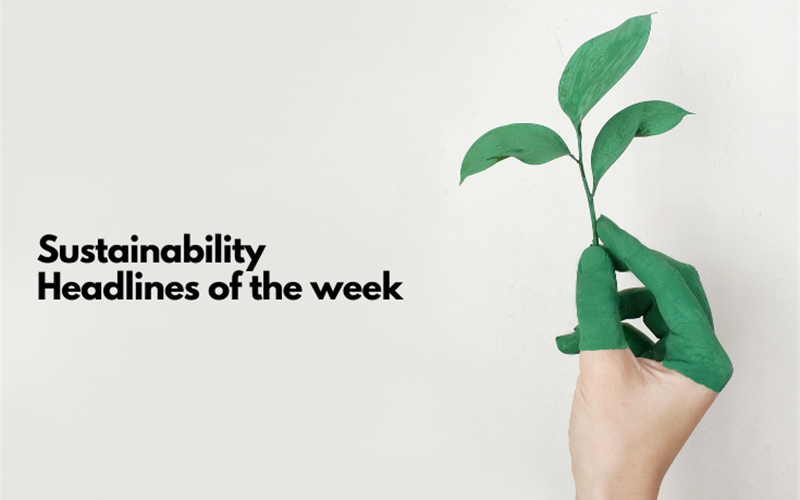
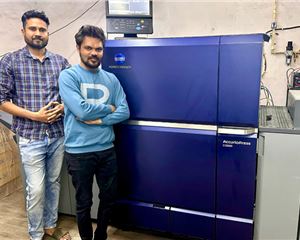
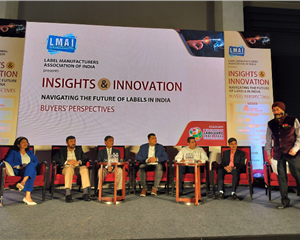
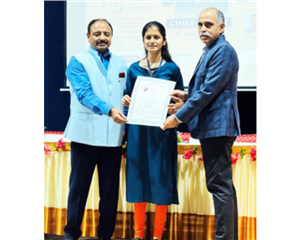
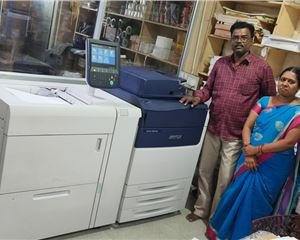







 See All
See All